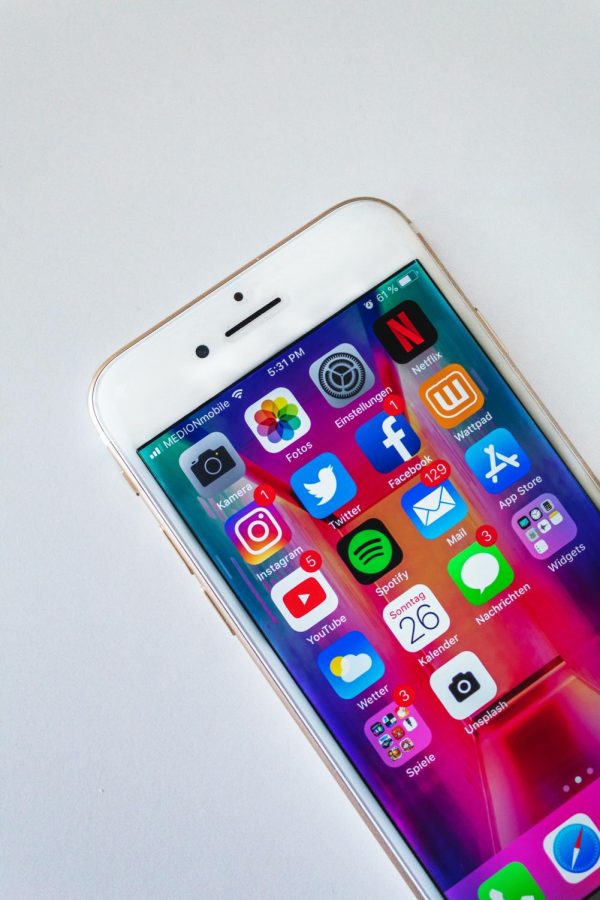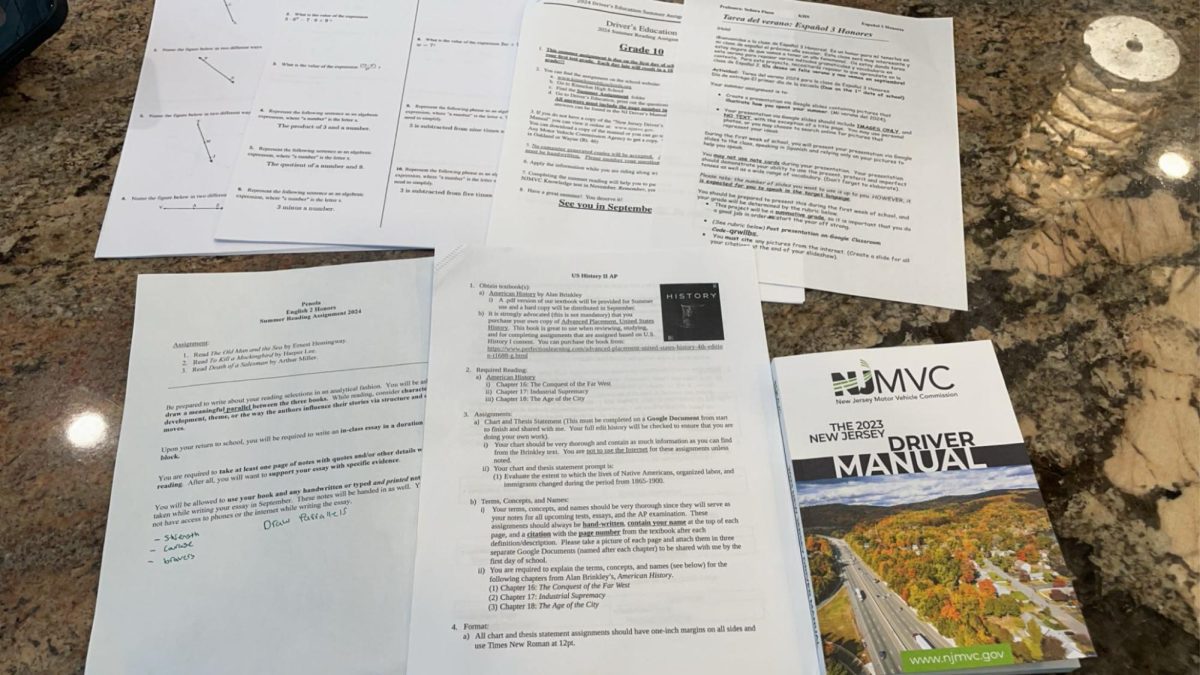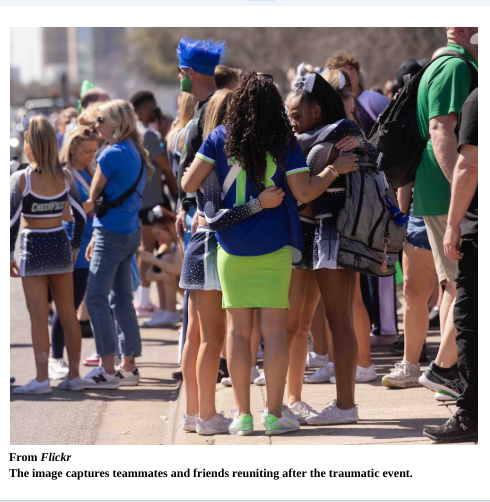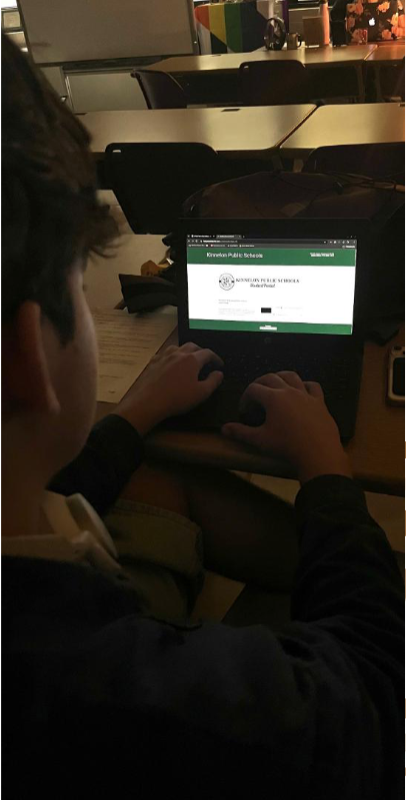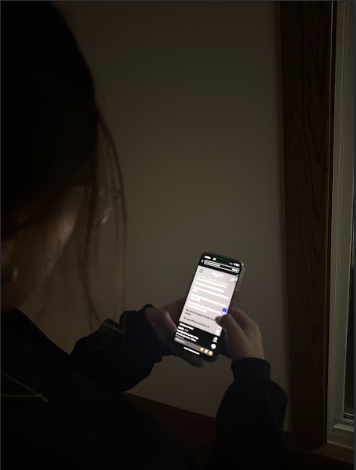The media and its social platforms play a big role in our society today. The constant need to show off our beauty, success, and personal lives have resulted in people going to great lengths for perfection online. Girls get the message very early on that their value and worth are based on how they look. Social media is clearly linked to having a negative impact on women’s perceptions about themselves and their bodies.
According to entrepreneur Brian Dean, “in the US, 76% of all females use social media, and the average user has 8.6 accounts on different networking sites.” With the high amount of female usage on social media taken into account, it begs the question, what effect does it have on them?
Social media for women mainly highlights the beauty, fitness and exercise, and appearance. A study conducted by Dr. Nancy Signorelli showed that “1 in 3, or 37% of articles published in popular teen girl magazines focused on physical appearance and 50% of advertisements existing in the same magazines promoted the importance of physical image and beauty to sell their products.” The media has displayed that women must be beautiful and have perfect bodies to have a purpose in the society we live in. Studies show that the more reality television a young girl watches, the more likely she is to find appearance important. This has been proven to psychologically affect people by making them feel more insecure about themselves when they are looking at photos of other people and comparing themselves to those people.
With these means, many photos and images on social media are photoshopped and/or edited. A statistic provided by Mario Palmer says, “a mere 5% of women worldwide naturally possess the glorified female body image displayed in the media.” According to a survey in 2015, 68 percent of people take to some kind of photo editing before they share any photo online. Photo editing has become more widely used recently, therefore more pictures are likely to be edited. Even when a majority of the photos people see are not real, Palmer reports that “approximately 91% of women are unhappy with their bodies and resort to dieting to achieve their ideal body shape.”
Social media has contributed to distorted body perceptions and body dysmorphic disorder in women and teens. Statistics show that 1 in 50 people are affected by this disorder, mainly women who are not satisfied with their body image and physical appearance. Rider University states that nine in ten teens ages 13 to 17 use social media…access to social media exposes young adults to unrealistic body image increasing their likelihood of developing an eating disorder. The results of a study from Rider University showed that 1,765 young adults ages 19 to 32 indicated a strong and consistent association between social media use and eating concerns. Viewing your body through a negative lens can easily lead to unhealthy habits. As reported by the CEDC, 95% of people with eating disorders are between the ages of 12 and 25.
As explained by Good Therapy, body image is closely linked to self-esteem. Low self-esteem in adolescents can lead to eating disorders, early sexual activity, substance use, and suicidal thoughts. Social media is rooted in comparison, the need to be better than others. In apps such as Instagram, Facebook, Tiktok, and Snapchat, people are constantly showing off their beauty, bodies, and successes. Seeing other people have what you don’t, can lead to an extreme desire to attain what is both unhealthy and sometimes impossible.
While yes, there are many other possible contributing factors to insecurities, there is evidential reason to believe that the high influence of social media is linked to females having distorted self-image and perceptions of themselves. The ongoing facts behind social media’s correlation to self-image prove the large effect it has on people.
The media reaches teens and women at all levels of society, which is why they must not fall into the dark trap of social media standards. As deceiving as it really is, many women fail to remember that what they see online is not always real. The first step in breaking this negative thinking pattern is by reminding yourself that pictures posted on social media may be edited or photoshopped. Positive self-talk and affirmations can help bring awareness to yourself to stop listening to the voice in your head that tells you to compare yourself to others.

